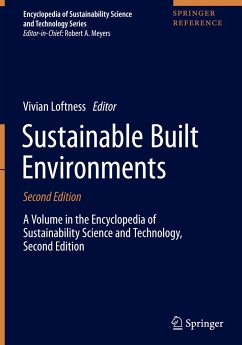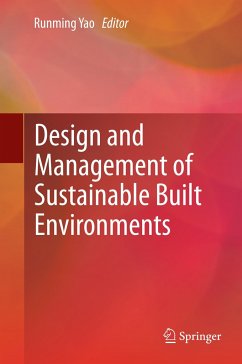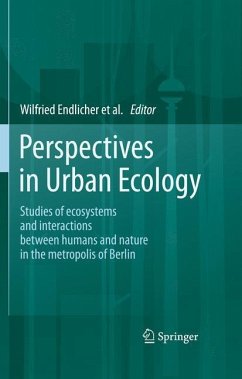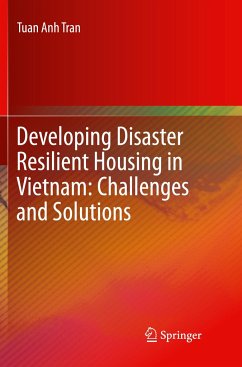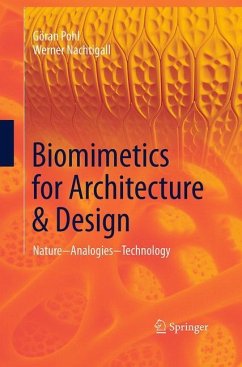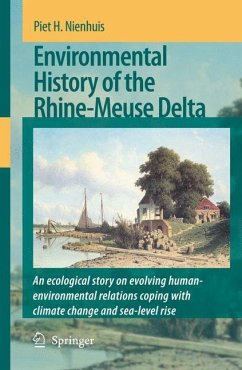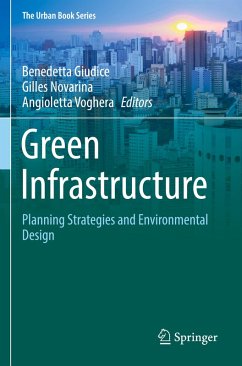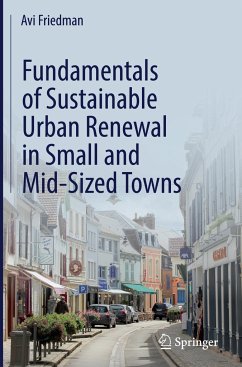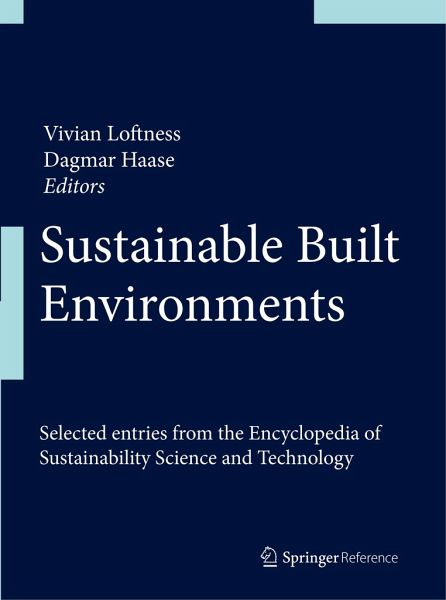
Sustainable Built Environments
Versandkostenfrei!
Versandfertig in 6-10 Tagen
416,99 €
inkl. MwSt.

PAYBACK Punkte
208 °P sammeln!
Sustainable design is a collective process whereby the built environment achieves unprecedented levels of ecological balance through new and retrofit construction, with the goal of long-term viability and humanization of architecture. Focusing on the environmental context, sustainable design merges the natural, minimum resource conditioning solutions of the past (daylight, solar heat, and natural ventilation) with the innovative technologies of the present. The desired result is an integrated "intelligent" system that supports individual control with expert negotiation for resource consciousne...
Sustainable design is a collective process whereby the built environment achieves unprecedented levels of ecological balance through new and retrofit construction, with the goal of long-term viability and humanization of architecture. Focusing on the environmental context, sustainable design merges the natural, minimum resource conditioning solutions of the past (daylight, solar heat, and natural ventilation) with the innovative technologies of the present. The desired result is an integrated "intelligent" system that supports individual control with expert negotiation for resource consciousness.
International experts in the field address the fundamental questions of sustainable design and landscape management: How should the sustainability of landscapes and buildings be evaluated? Which targets have to be set and which thresholds should not be exceeded? What forms of planning and governance structures exist and to what extent do they further the goals of sustainability? Gathering 30 peer-reviewed entries from the Encyclopedia of Sustainability Science and Technology, Sustainable Built Environments provides comprehensive, multidisciplinary coverage of these issues and other aspects of sustainable building and landscape design.
International experts in the field address the fundamental questions of sustainable design and landscape management: How should the sustainability of landscapes and buildings be evaluated? Which targets have to be set and which thresholds should not be exceeded? What forms of planning and governance structures exist and to what extent do they further the goals of sustainability? Gathering 30 peer-reviewed entries from the Encyclopedia of Sustainability Science and Technology, Sustainable Built Environments provides comprehensive, multidisciplinary coverage of these issues and other aspects of sustainable building and landscape design.



